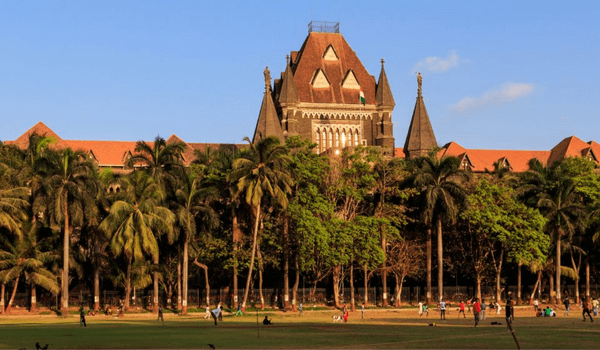In a recent ruling, the Bombay High Court clarified the responsibilities of contractor’s employer in case of an accidental death or injury. The court ruled that the main employer’s responsibility is restricted to providing compensation as specified in Section 12 of the employee compensation act. It clarifies that any penalty or interest for default is not part of the principal employer’s liability in such cases.
The case originated from the demise of Rafique Khalifa, who worked as a driver for a water tanker owned by Kadarkhan Kasamkhan Pathan. The appellants entered into an agreement with a motor company (contractor) to provide water supply during the summer of 2013. The contractor, in turn, enlisted the services of Pathan’s water tanker to fulfil the contract. Tragically, while performing his duties as a driver, Rafique suffered a cardiac arrest and passed away on April 23, 2013.
After the incident, the family members of the deceased argued that his unceasing 24-hour duty, resulted in significant mental and physical strain, ultimately leading to his heart attack and subsequent demise.
However, the appellants refused to take any accountability, asserting that the contractor bore the sole responsibility for the employees or any individuals employed in the vehicle used for water supply. They contended that there was no employer-employee relationship between Rafique and themselves.
The court rules that driving a tanker to deliver water to villages is a demanding job both mentally and physically. The bench consisting of Justice SG Chapalgaonkar, upheld the compensation of over Rs 6 lakhs awarded to the family of a deceased driver who suffered a cardiac arrest while on duty.
Moreover, the commissioner for employee’s compensation mandated that the appellants should collectively and individually provide compensation of Rs. 6,39,000 to the deceased’s family, along with an annual interest rate of 12 per cent. Additionally, they were instructed to pay a penalty amounting to 50 per cent of the compensation as per the provisions of Section 4-A (2) (b) of the employee’s compensation act.



